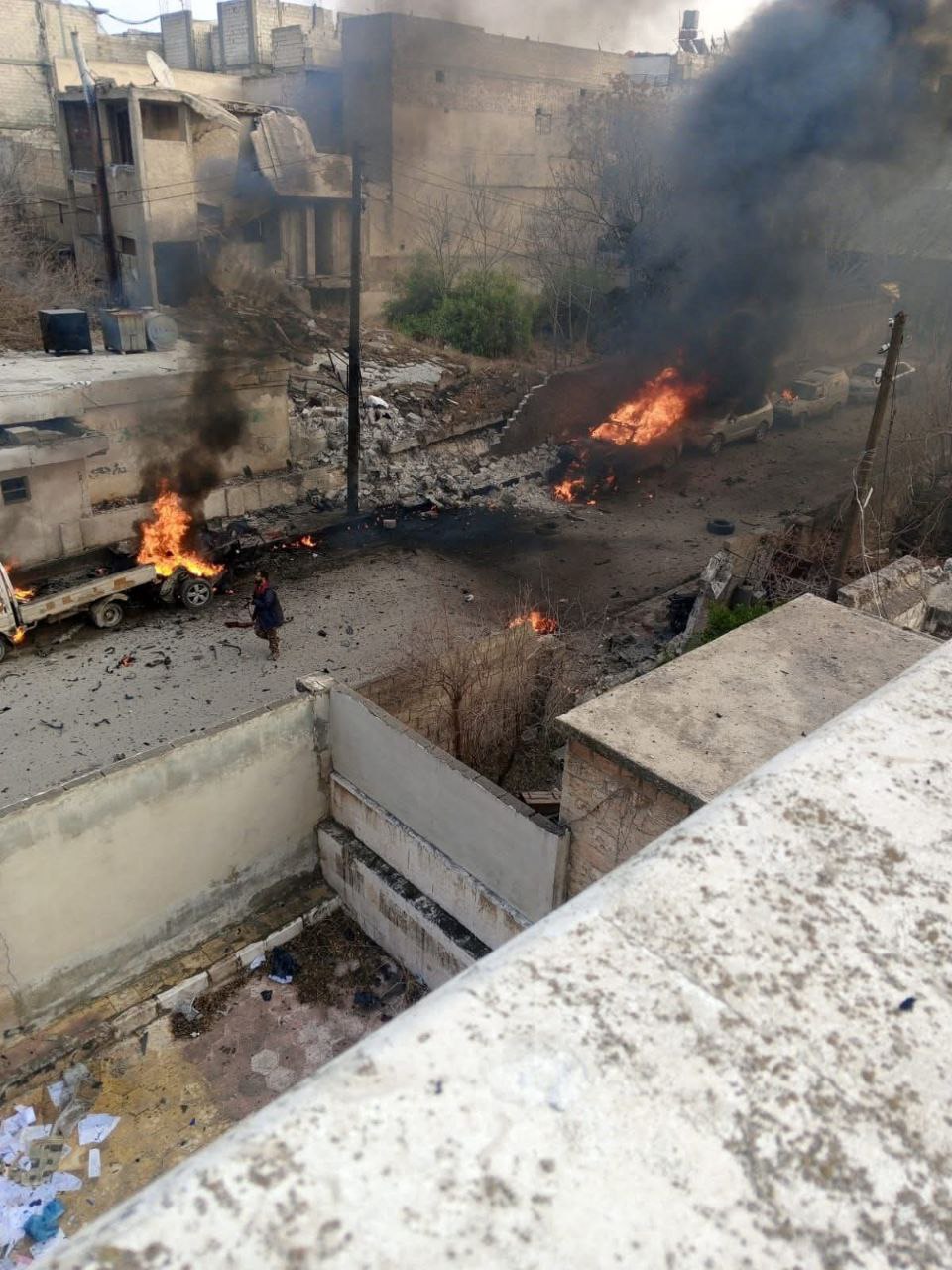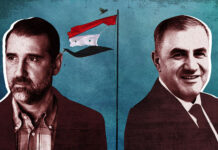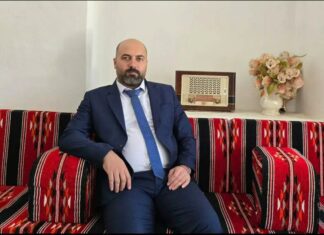
The Syrian Democratic Forces (SDF), a US-backed militia in northeastern Syria, continues to raise concerns over its ties to terrorist organizations, suppression of dissent, and monopolization of vital resources. Despite ongoing negotiations for its integration into the central government and requests of the Syrian Ministry of Defense to dissolve its militia, the group’s activities and political maneuvers highlight its persistent intent to remain outside of centralized rule. The insistence of the SDF on remaining at odds with the Syrian Transitional Government (STG) remains a danger to Syrian territorial integrity, regional security and stability, and the rule of law.
Ties to Terrorism & Regional Instability
The SDF, which includes the People’s Protection Units (YPG), has been linked to the PKK, a designated terrorist organization responsible for attacks on civilians in Syria and Turkey. Ankara has long criticized the SDF for enabling PKK militants to operate from its territories, contributing to ongoing violence in the region. President Recep Tayyip Erdogan emphasized that Turkey is determined to “crush terrorism” and prevent further destabilization of the region.
Recent car bombings in Manbij have raised concerns over the ongoing security threats posed by the SDF. In the latest incident, a car bomb exploded in the village of Kabarja, near Manbij, injuring three civilians and further heightening tensions in the region. This marks the fourth such explosion in less than a month, following previous attacks on Al-Tajnid Street and Al-Saraya Street, which resulted in multiple casualties and significant property damage.
The group’s use of coercive tactics, including car bombings, sniper attacks, and shelling, to achieve political and ideological objectives further underscores its alignment with methods defined as terrorism. Such actions have led to civilian casualties and heightened tensions across the region, undermining efforts to build an inclusive and unified Syria.
Ongoing Negotiations
Recent reports from Reuters indicate that complex negotiations are underway regarding the future of the Syrian Democratic Forces (SDF) in northeastern Syria. The talks, involving representatives from the Syrian Transitional Government (STG), the SDF, the United States, and Turkey, aim to determine the fate of the militia and explore pathways for its potential integration into the Syrian Ministry of Defense.
Despite the diplomatic efforts, significant challenges remain. According to Reuters, the negotiations are characterized by patience and flexibility, with discussions focusing on the gradual departure of some Kurdish fighters and the integration of others into Syria’s national military framework. However, the SDF leadership has been slow to engage meaningfully in the process, with its commander, Mazloum Abdi, asserting that the forces do not intend to dissolve themselves at this stage.
Abdi has stipulated that any agreement regarding the handover of oil fields to Damascus must ensure a “fair distribution of wealth” among Syrian provinces – an apparent attempt to maintain leverage in ongoing discussions. Additionally, he has insisted that SDF fighters be integrated as a unified military bloc rather than as individuals, a position that contradicts the STG’s vision of dissolving factionalism and ensuring a cohesive national defense structure.
The slow pace of negotiations and the SDF’s demands suggest a reluctance to fully integrate, raising concerns that the militia’s continued existence in its current form poses a threat to Syria’s sovereignty and security. Analysts warn that without a comprehensive and enforceable agreement, the SDF could continue to function as a parallel military entity, undermining efforts to unify the country under a single, legitimate authority.
Stalled Integration & Political Implications
Ongoing negotiations between the SDF, the Syrian Transitional Government (STG), and other stakeholders have made little progress. The SDF leadership insists on maintaining its forces as a unified military bloc within the Ministry of Defense – a demand rejected by Syrian officials. Defense Minister Murhaf Abu Qasra has made it clear that the SDF cannot exist as an independent entity within the Syrian armed forces.
“The SDF leadership is slow in dealing with this issue, which is complex,” Abu Qasra said. “Their integration is the right of the Syrian state and necessary for achieving unity.”
Meanwhile, SDF leader Mazloum Abdi has shown little willingness to compromise, stating that the group has no intention of dissolving itself or disarming. This lack of cooperation suggests a continued push for ethnic separatism, which conflicts with the government’s vision for a unified and inclusive nation.








